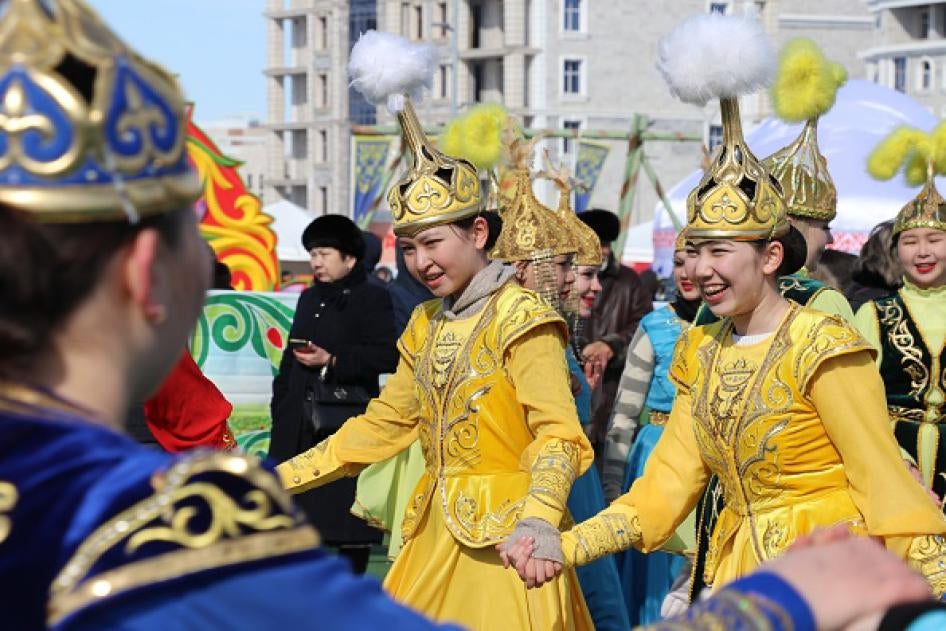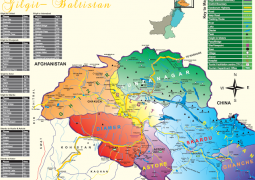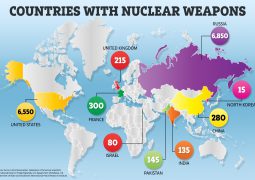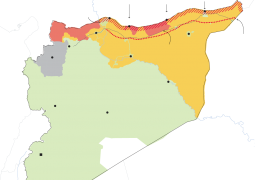Niqabs spread: Why Kazakh Women Face a Crisis of Values


@TCA
Before the 1917 revolution, Kazakh women enjoyed significant freedoms due to their nomadic lifestyle. Living in the remote steppe, women were responsible not only for managing livestock and households but also for defending their families and property, often with weapons in hand. The Soviet era formalized gender equality, enabling women to become leading producers, scientists, decorated soldiers, and politicians.

Today, however, these traditions face erosion from two opposing forces: rising consumerism and a growing Arab-influenced Islamization. According to Kazakh political scientist Zamir Karazhanov, women in Kazakhstan are struggling to find their place amid an expanding spiritual vacuum and polarized ideologies.
A Reversal in Feminism
A centuries-old game, Kyz Kuu (“Catch the Girl”), exemplifies the historical freedom of nomadic Kazakh women. The game, rooted in equestrian tradition, involved a female rider gaining a head start before being pursued by a young horseman. If he caught her and took her ribbon, he could propose marriage. If not, the woman would chase and whip the suitor with a kamcha (whip) in front of spectators, a demonstration of both female skill and independence.

During the Soviet period, the roles of Aliya Moldovan and Manshuk Mametova both posthumously named Heroes of the Soviet Union in World War II, underscored female empowerment in Kazakhstan.
In contrast, contemporary Kazakhstan is embroiled in a heated debate over the niqab, a face-covering garment not traditionally worn by Kazakhs. This shift has sparked national concern, culminating in the passage of a June 2025 law banning face coverings in public places.
Declining Representation and Shifting Priorities
Women’s representation in politics and governance has deteriorated, particularly in Kazakhstan’s southern and western regions. Despite officially favorable statistics, political scientist Zamira Karazhanova argues that the state practices only “artificial equality.” Party-imposed quotas for women and youth offer a superficial solution without addressing the systemic barriers to real empowerment.

“To achieve gender equality, we must create genuine opportunities for women to participate in politics and civil service,” said Karazhanova.
Karazhanov notes a broader cultural shift, with young women increasingly drawn to the lifestyle of tokal, unofficial second wives of wealthy men. These figures flaunt luxury and affluence on social media, eclipsing the appeal of education and career development.
“The pursuit of wealthy husbands is becoming a kind of ideology,” Karazhanov said. “Many young women are growing up with no interest in professional growth. They have entirely different ideals.”
The Rise of Foreign Influences
“Islam in Kazakhstan is becoming Arabized,” Karazhanov stated. “This affects not only how women dress, but also how they are perceived and perceive themselves. Religion is becoming a key part of national identity, even if some believers visit the mosque on Fridays and bars on Saturdays.”

Following the collapse of the USSR, Kazakhstan experienced a spiritual vacuum, filled rapidly by imported religious ideologies. Many religious leaders were educated in Arab countries or Afghanistan, bringing with them foreign dogmas that were alien to traditional Kazakh Islam. Karazhanov stressed that Arabization and radicalization are not confined to Kazakhstan, but also affect Russia, Turkey, and other Central Asian nations.
Initially, the Kazakh state underestimated the risks of radicalism. “Only recently have laws been introduced to regulate this space,” Karazhanov noted, criticizing the government’s short-sightedness in the ideological sphere.

The ideological rift is now palpable in society. While some women increasingly retreat into conservative roles, others turn to radical feminism. A provocative feminist protest in Almaty this year, which Karazhanov described as “borderline striptease,” alienated many citizens and highlighted the nation’s disorientation.

“Women no longer know who to emulate: social media influencers, feminist activists, or niqab-wearing neighbors,” he concluded. “Kazakhstan is in the throes of a values crisis.”
- Previous Malaysia to buy, invest over US$240bil in US to reduce trade gap
- Next Uzbekistan Approves Controversial ‘Sea Breeze Project’ at Charvak Reservoir

















